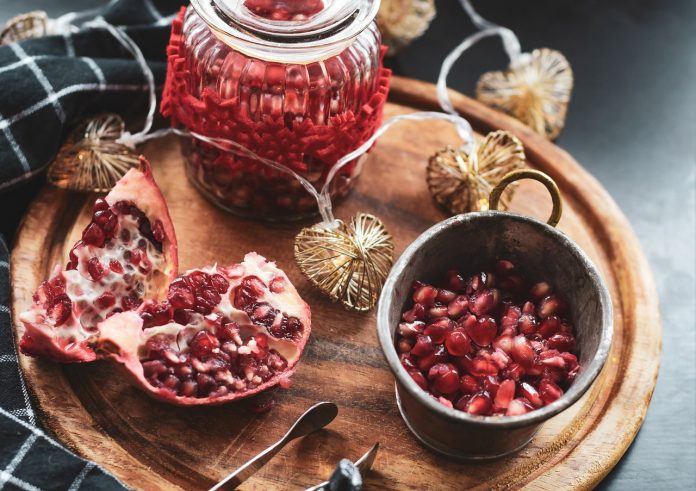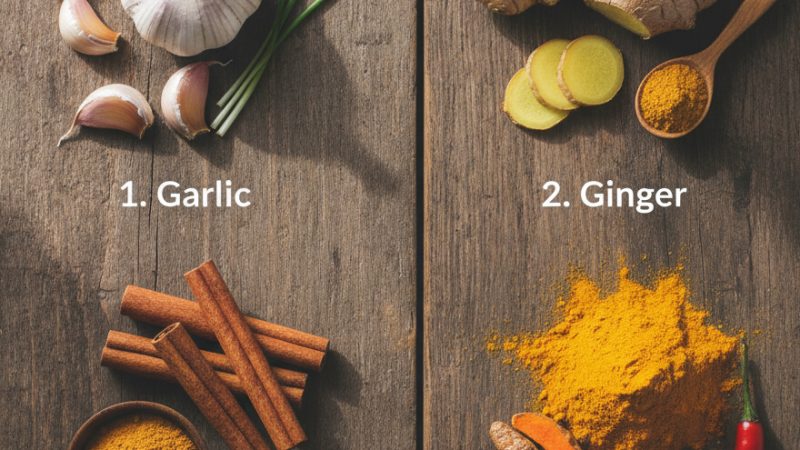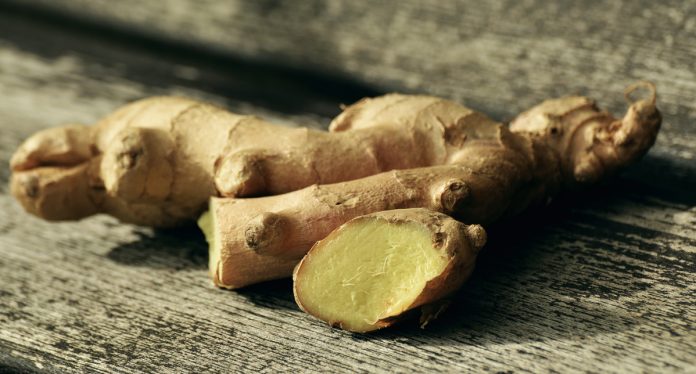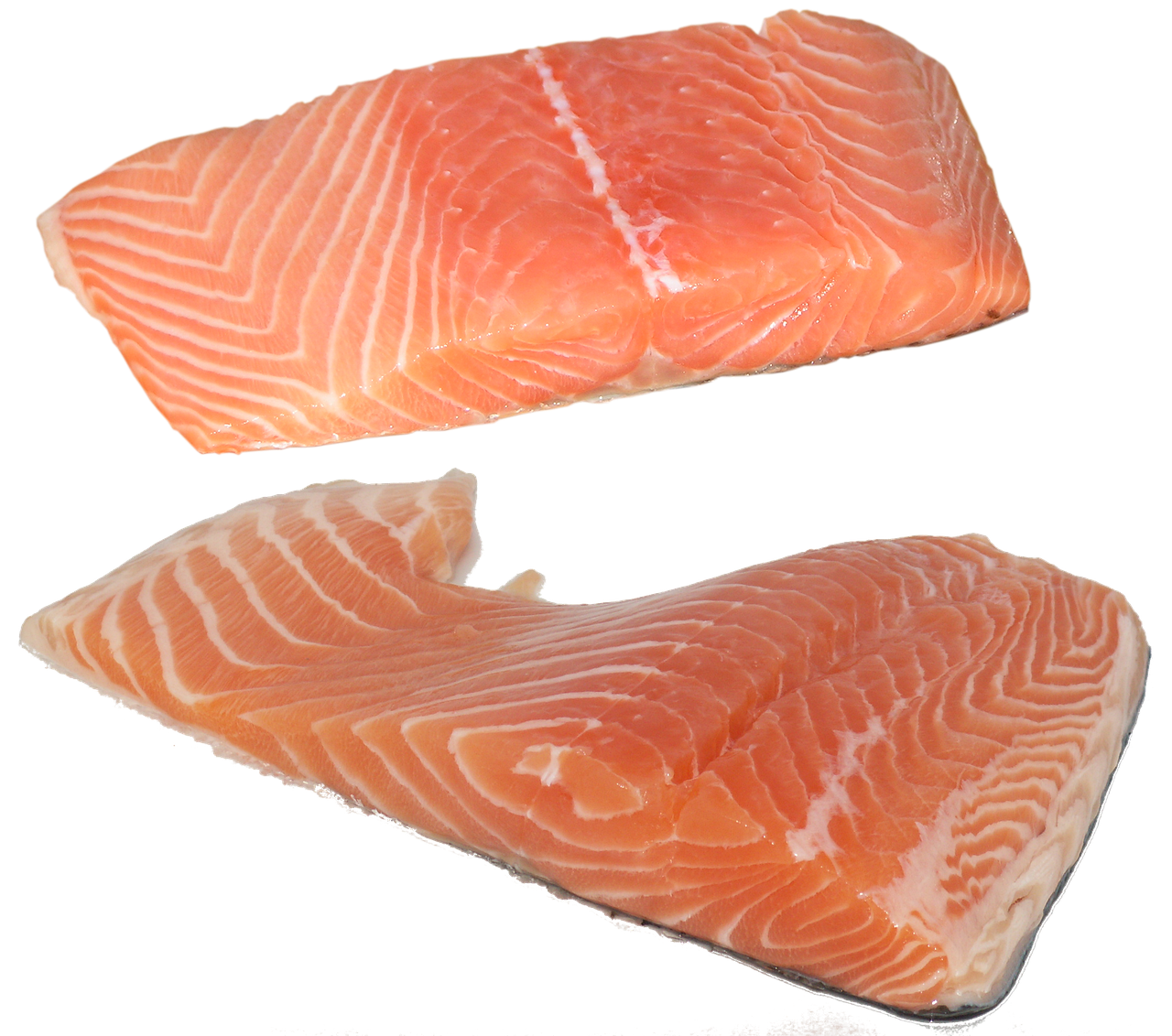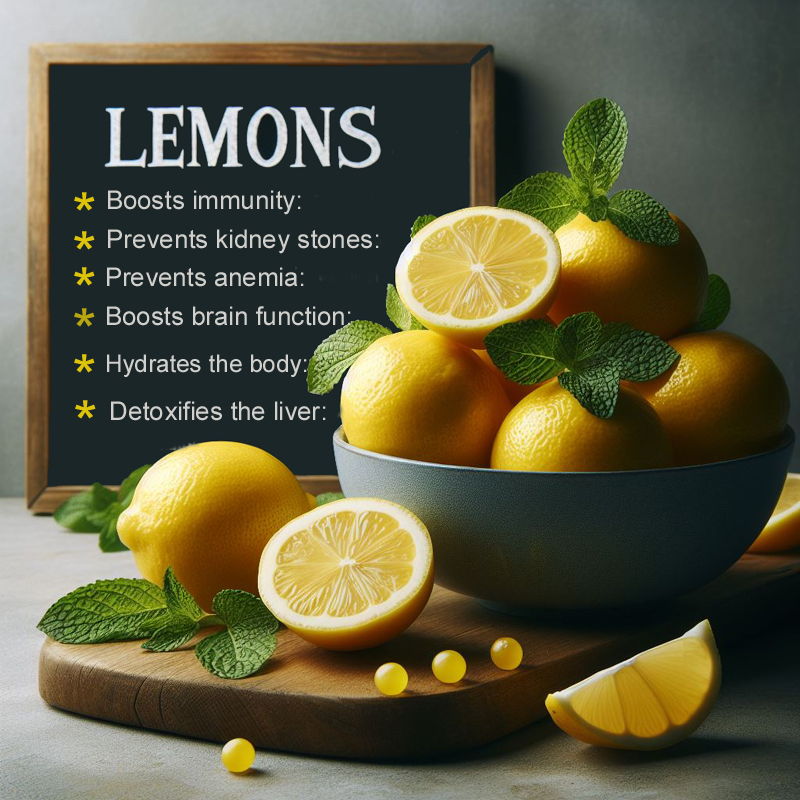Top Health Benefits of Olive Oil
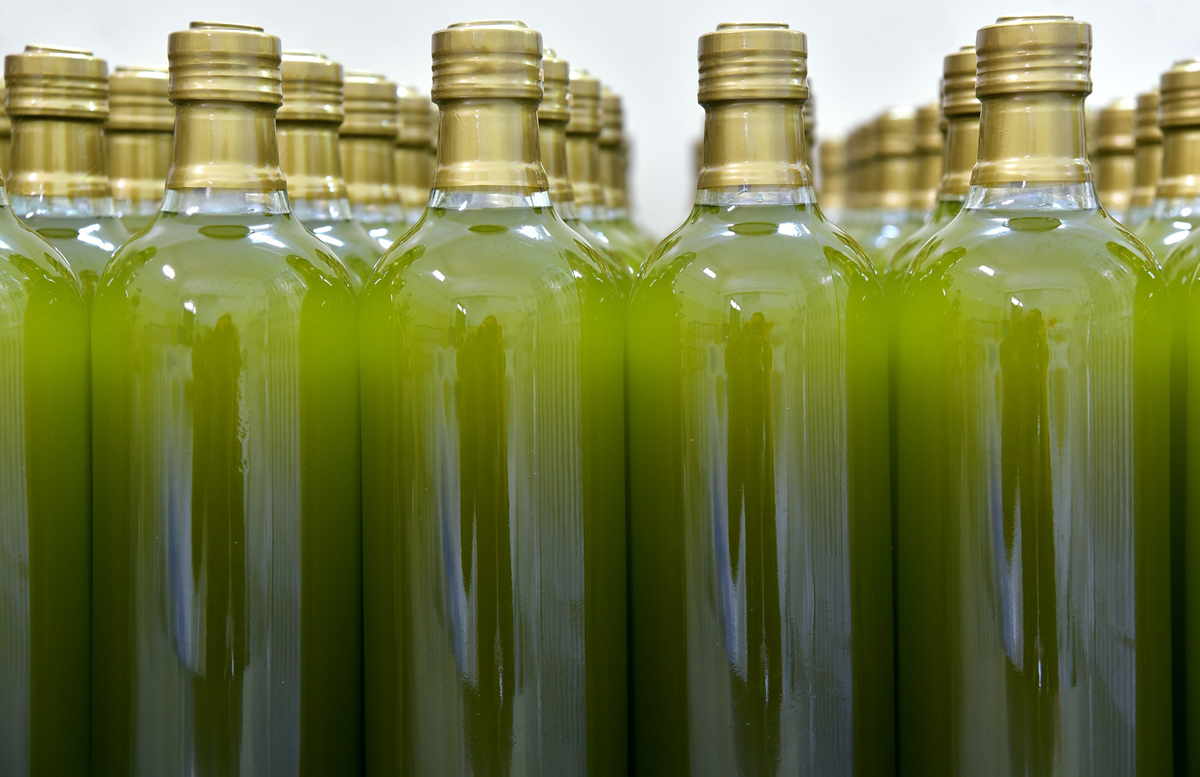
The numerous health benefits of olive oil run almost as deep as its history. It may appear simple, but in fact, is one of the most complex oils used today. In order to reap the wide range of health benefits, we must take time to understand the creation process and the different types.
History
The exact origin of olive oil remains unknown, but evidence of the existence of olives dates back farther than 6,000 years ago. As one of the oldest cultivated trees, it first grew in Crete, Greece in 3500 BC. At that time, the tree spread to the Mediterranean basin, which
includes African shores and Southern Europe. In 2000 BC, olives were found inside Egyptian tombs; additionally, that date is when cultivation began to play a major role in the Crete economy. Crete began the first olive export to Greece, Asia Minor, and Northern Africa. Olives were a luxury in Greece and it became not only a food item, but was highly regarded as a beauty treatment.
Types of Oil
Most countries utilize the International Olive Oil Council to define quality and standards; however, the United States does not adhere to these standards. Instead, the United States follows the USDA’s 1948 Classification System, which includes the following qualities:
extra-virgin, virgin, refined, pure, olive pomace, refined olive pomace, and lite. Please read the following for descriptions of the most common —-types:
Extra-virgin oil is the highest quality due to its high mineral and vitamin content. In order for olive oil to be considered extra-virgin, the oil must be produced by extraction methods that contain no chemicals or hot water, be first cold-pressed, have an acidity level of less than 1 percent, and have perfect taste.
Virgin olive oil, like extra-virgin, is first-cold pressed and produced without chemicals or hot water; however, virgin oil may contain an acidity level up to 3.3 percent. The flavor can vary and the taste is less mild than extra-virgin varieties.
Refined olive oil is created by refining virgin oil. The acidity level is greater than 3.3 percent; the finished product is tasteless and the odor is unpleasant.
Pure olive oil is a mix of virgin and refined. It has the same acidity level as virgin and can withstand high heat. The nutritional content is lower than virgin oil, which make it inexpensive compared to high quality oils. Pure oil is commonly used as all-purpose oil.
Light and extra-light are types of oils that contrary to the name do not contain less calories, but are a blend of refined oils that are made from the lowest quality oils created through chemical processing.
Health Benefits
Olive oil is composed of monounsaturated fat, which is considered a healthy fat. Introducing monounsaturated fats into your diet is healthier than ingesting saturated and trans fats. Monounsaturated fats offer a plethora of health benefits, when used in moderation. The following is a list of all of the wonderful health benefits it can impart.
It has the capability to lower blood pressure due to containing beneficial antioxidants, which are most prevalent in extra-virgin oil. The antioxidants, called polyphenol, are believed to be the primary source to help lower systolic and diastolic blood pressure. To receive maximum benefits, men should consume four tablespoons and women should consume three tablespoons, daily.
Research shows that monounsaturated fats, as found in olive oil, contain oleic acid and is capable of reducing the instance of cancer. Oleic acid is capable of reducing the effect of the cancer forming gene, called oncogene. Olive oil is noted to positively help breast, prostate, and colon cancer.
Olive oil is able to control blood sugar specifically by lowering blood glucose levels. Diabetics, or border-line diabetics, are instructed to follow a low-fat, high-carbohydrate diet. Olive oil can help control blood sugar even if diabetics switch to a high fat diet, considering most of that fat comes from olive oil.
Monounsaturated fats that are found in plant oils are best at controlling good and bad cholesterol. Consumption can help your body rid itself of bad cholesterol, known as LDL cholesterol. Additionally, this oil does not negatively effect the levels of good cholesterol, known as HDL cholesterol. In fact, it can even raise the levels of HLD cholesterol providing a double benefit.
Researchers state that the extra-virgin variety contains an anti-inflammatory ingredient. The ingredient, oleocanthal, helps it to act as a pain reducer, much like over-the-counter aspirin. It will not show immediate results, but can provide pain reducing benefits if consistently ingested over a period of time.
How to Cook with Olive Oil
Now that the health benefits have been explained, let’s discuss some of the common methods of how to cook with this oil.
High quality, extra-virgin oils should be reserved for use in dressings, dips, and vinaigrettes. Replace oil for butter in baked potatoes, or brush onto cooked vegetables or fish. Sprinkle rosemary, basil, cracked black pepper, and sea salt on top of extra-virgin oil for a delicious bread dip.
If you are to saut or fry, choose a combination oil which is a mix of extra-virgin and regular olive oil. Use olive oil grade for deep-frying which works wonderful due to its high smoke point of 410 degrees Fahrenheit.
One additional way to incorporate olive oil into your diet: use it for non-stick oil when a recipe calls for butter or spray oil. Drizzle onto your pan and spread evenly with a paper towel to ensure complete coverage.
Who Should Avoid Olive Oil
Allergies are uncommon, but should not be ignored. In most cases, an allergy is a mild occurrence and the symptoms will go away in a short amount of time. On the other hand, a person can experience a more severe allergic reaction, which can lead to anaphylactic shock. A person who suspects an allergy should take note of the following symptoms: stomach or chest pain, rash, migraine, or red, itchy eyes. These allergies are rare and as a key part of the Mediterranean diet, the health benefits of olive oil are well recognized and enjoyed by millions.
The Author:
Jeff Andrews writes about the many common foods that are beneficial to your health. For more on the health benefits of honey or how red wine benefits your diet visit thehealthbenefitsof.com.
Photo.
Source: hb


